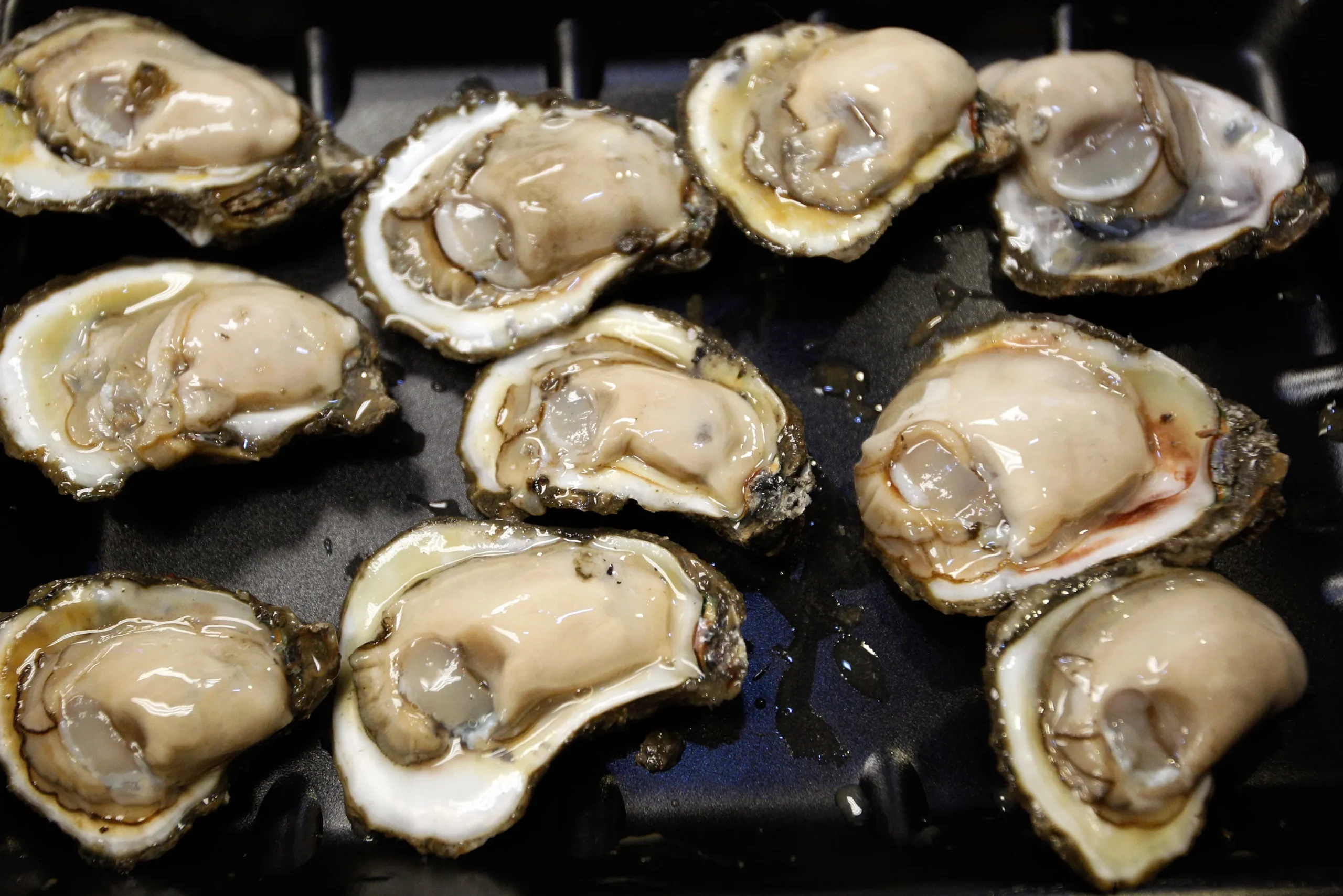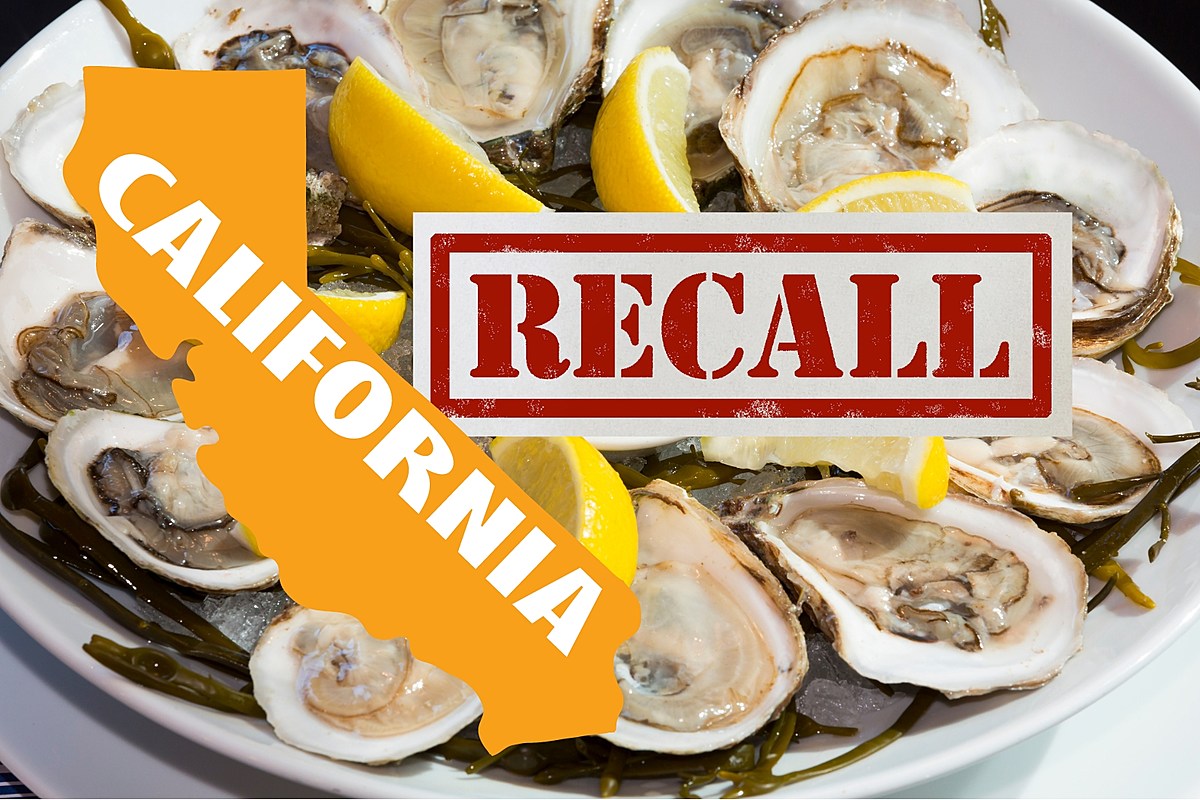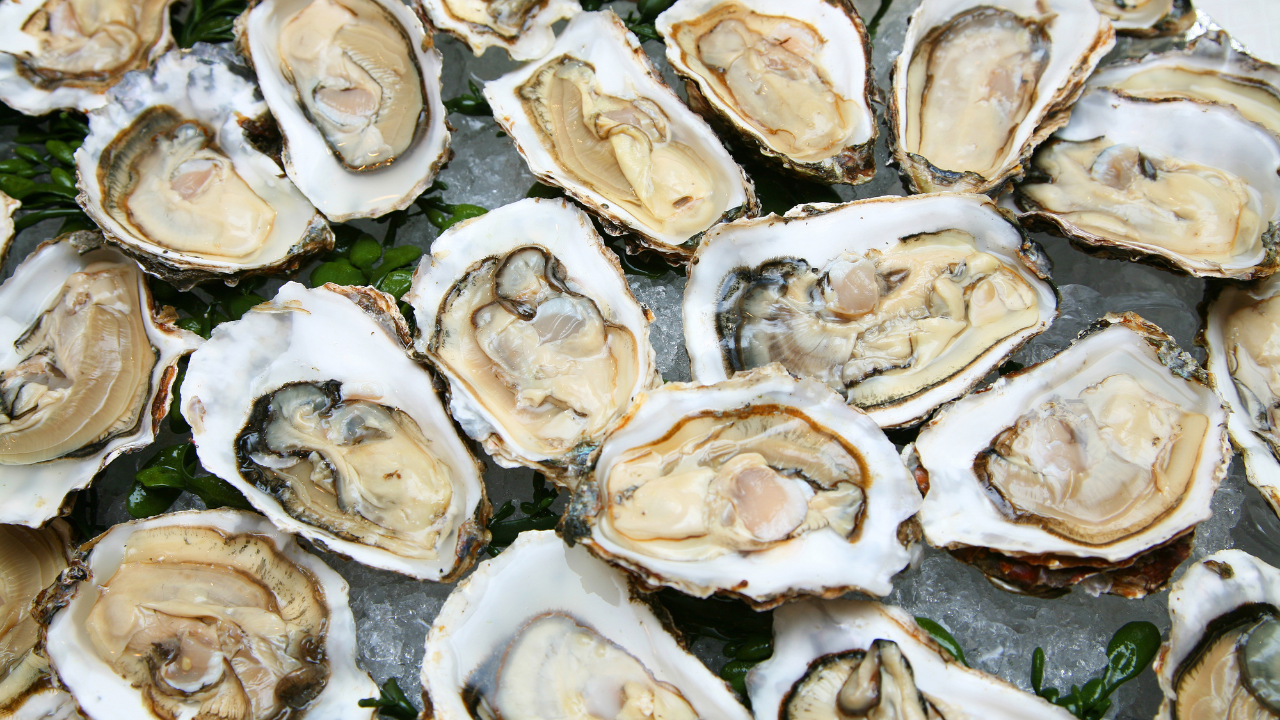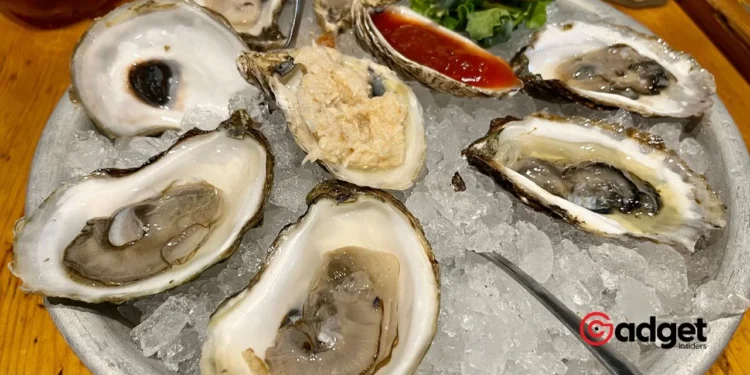In a significant health alert, the Food and Drug Administration (FDA) has issued a warning to California’s dining establishments and seafood lovers about a potential health threat lurking in certain half-shell oysters imported from South Korea. The FDA’s advisory follows a reported outbreak of norovirus, linked directly to these oysters, prompting a recall and a stern warning to consumers and restaurateurs alike.

The Source of the Alert
The concern originates from a batch of frozen, raw half-shell oysters identified by their lot numbers—B231126, B240103, and B240214. These oysters, processed by JBR (KR 15 SP) in Tongyeong City, were harvested from two designated areas known simply as Area No. 1 and Area No. 2. With the exact dates of harvest being November 27, 2023, January 4, and February 15, the FDA has been able to trace the potentially contaminated products back to their source efficiently.
Raw oysters from Mexico are linked to an outbreak of food poisoning in California with at least 13 people sick. #Raw #Oyster #Shellfish #Seafood #Recall #FoodPoisoning #California — https://t.co/wnpum9zyE8 pic.twitter.com/Gz0FKxjQhF
— The Clark Firm (@TheClarkFirm) May 10, 2019
This proactive measure came to light after the California Department of Public Health alerted the FDA of the norovirus outbreak, which is known to cause severe gastrointestinal symptoms such as nausea, vomiting, and diarrhea. The Ministry of Oceans and Fisheries in South Korea has responded to the crisis by ordering a recall of the implicated oysters, aiming to prevent further spread of the virus.
Implications for California Restaurants and Retailers
Restaurants and retailers across California are now faced with the task of removing these oysters from their offerings. The FDA’s guidance is clear: any establishment in possession of the affected lots should cease serving them immediately and dispose of them to safeguard public health.

The warning is particularly poignant for California’s vibrant culinary scene, known for its fresh and diverse seafood offerings. Establishments that pride themselves on quality and safety are now on high alert, ensuring that their seafood sources meet the strictest standards to avoid similar incidents.
What Consumers Need to Know
For consumers, the advice is straightforward but vital: avoid consuming the affected oyster lots. If you’ve recently eaten oysters and experience symptoms like stomach pain, fever, or body aches, it’s crucial to seek medical advice promptly. Norovirus is highly contagious and can spread quickly, but most people recover within a few days with proper care.

Moving Forward: Safety and Vigilance
As the situation unfolds, both the FDA and local health authorities remain vigilant, monitoring the effectiveness of the recall and ensuring that public health remains protected. This incident serves as a reminder of the critical role of food safety protocols and the swift action required when potential threats are detected.
For now, California’s seafood enthusiasts may need to exercise caution and perhaps a temporary change in menu choices until the FDA gives the all-clear on this matter. As always, staying informed and adherent to health advisories is the best way to ensure personal safety and public health.









